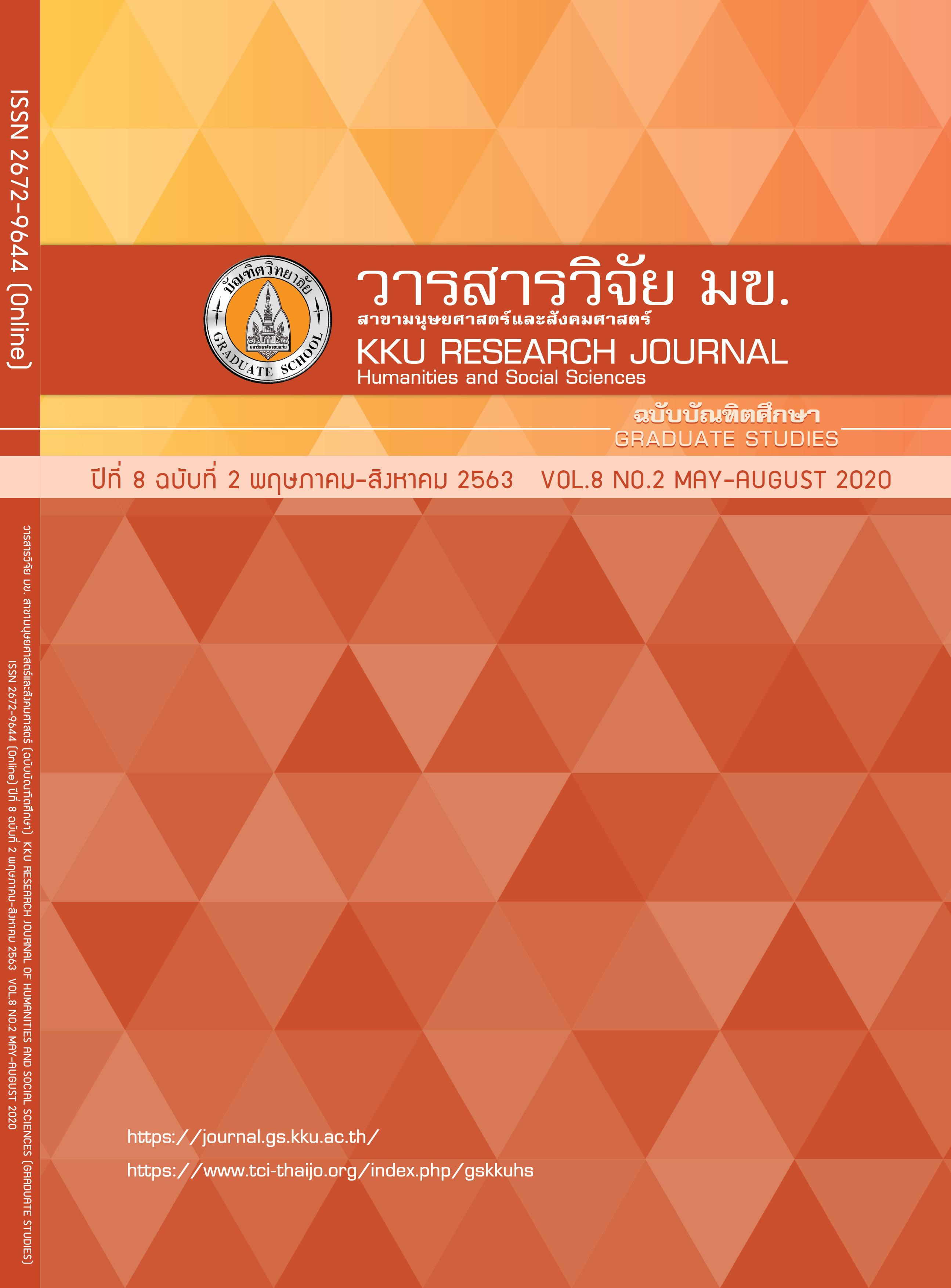A Proposed Action Plan for the Improvement of Students’ School Engagement
Keywords:
Action plan, Affective, Cognitive behaviorAbstract
Student engagement to school is vital in improving the country’s quality of education. The concern of revitalizing the engagement strategies was aimed to address by forwarding an action plan. Descriptive method of research study was conducted on 200 students and 45 teachers from 5 public elementary schools in the Division of Quezon City, Philippines. The study first explored the student engagement levels to assess the status. Results showed that the overall engagement of the students were average. However, some points had to be addressed such as the imbalance between intrinsic and extrinsic motivation. Regarding reading, extra-curricular, and reinforcing the student-family-community collaboration were among the top teacher strategies. With the motivation of providing holistic engagement, the action plan was created to concentrate on three focus areas. It was intended to address inclusivity to stimulate autonomous learning abilities, and to intensify involvement to school.
References
http://k12engagement.unl.edu/Student Engagement10-2-15.pdf.,
2015.
2. Anderson A R, Christenson S L, Sinclair M F, Camilla A L. Check &
connect: importance of relationships for promoting engagement with
school. Journal of School Psychology, 42, 95-113. doi:10.1016/J.Jsp.2004.
01.002, 2004.
3. Fredricks J A, Blumenfeld P C, Paris A H. School engagement:
Potential of the concept, state of the evidence. Review of Educational
Research, 74(1), 59-109. doi: 10.3102/00346543074001059, 2004.
4. Archambault I, Janosz M, Fallu J S, Again L S.. Student engagement
and its relationship with early highschool dropout. Journal of Adolescence,
32(3), 651-670. doi:10.1016, 2009.
5. Wang M T, Peck S C. Adolescent educational success and mental
health vary across school engagement profiles. Developmental Psychology,
49(7), 1266 –1276. doi: 10.1037/a0030028, 2013.
6. Beekhoven S, Dekkers H. The influence of participation,
identification, and parental resources on the early school leaving
of boys in the lower educational track. European Educational Research
Journal, 4(3), 195-207. https://doi.org/10.2304%2Feerj.2005.4.3.4, 2005.
7. Ryan R M, Deci E L.. Self-determination theory and the facilitation
of intrinsic motivation, social development, and well-being. The American
Psychologist, 55(1), 68-78. Retrieved from https://selfdeterminationtheory.
org/SDT/documents/2000_RyanDeci_SDT.pdf, 2000.
8. Alexitch L R. Applying social psychology to education. In F. W.Schneider,
J. A. Gruman, & L. M. Coutts (Eds.), Applied social psychologyunderstanding
and addressing social and practical problems – Second edition (pp. 191-215).
Thousand Oaks: SAGE, 2012.
9. Appleton J, Christenson S L, Kim D, Reschly A. Measuring cognitive and
psychological engagement: Validation of the student engagement instrument.
Journal of School Psychology, 44, 427-445. Doi:10.1016/j.jsp.2006.04.002, 2006.




